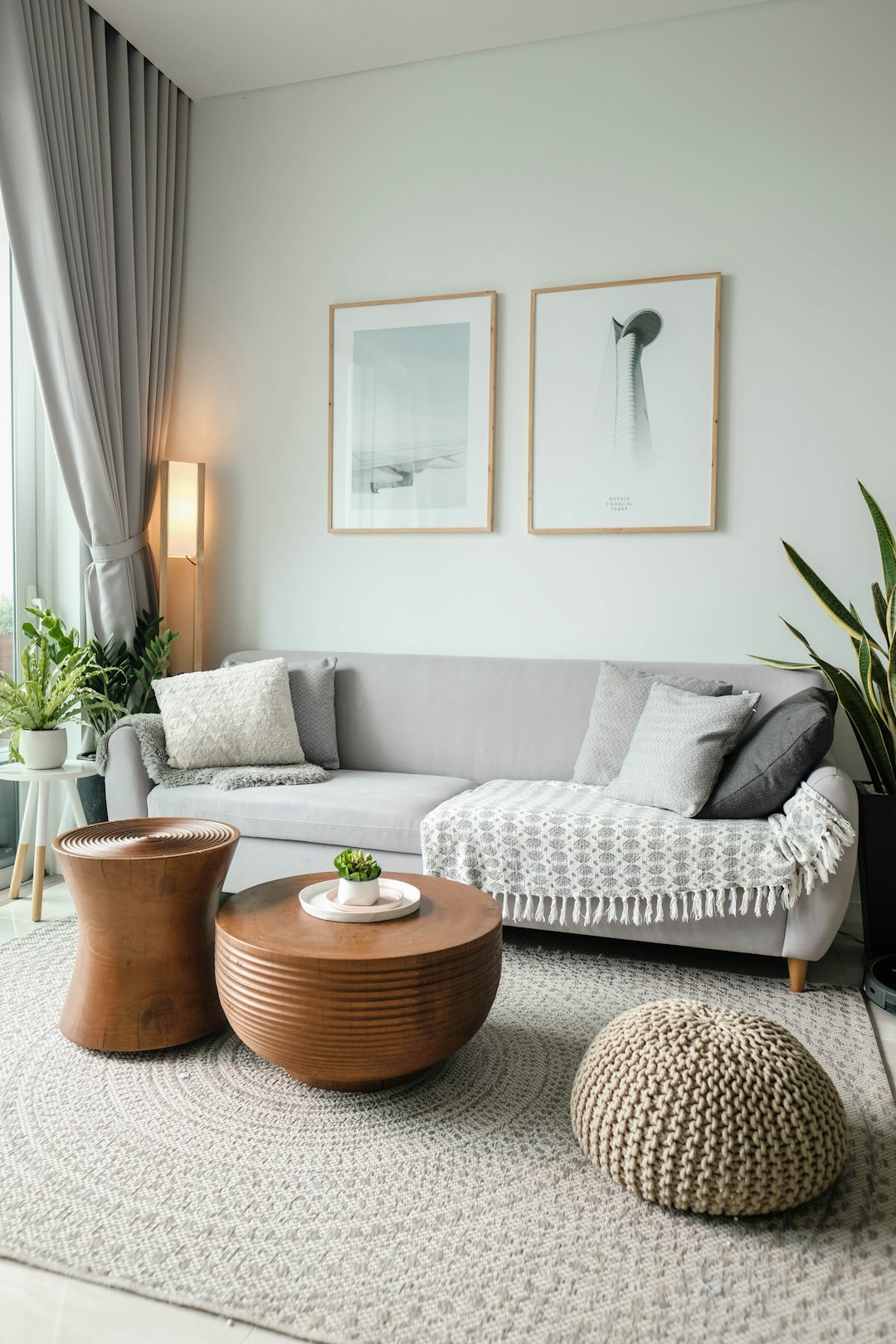Deciding to purchase a fixer-upper can be a thrilling and intimidating decision. On one hand, you have the opportunity to create your dream home by customizing every aspect according to your taste. On the other hand, it comes with its own set of challenges and risks. In this blog post, we will discuss the pros and cons of buying a fixer-upper to help you make an informed decision.
Pros:
1. Lower price point: One of the most attractive aspects of buying a fixer-upper is the potential cost savings. Fixer-uppers are typically priced lower than move-in ready homes, which can be appealing for buyers on a budget. You have the opportunity to build equity in your home by making repairs and improvements, increasing its value over time.
2. Customization: Buying a fixer-upper gives you the freedom to customize your home according to your preferences. From choosing paint colors to selecting fixtures and finishes, you have complete control over the design and aesthetic of your home. This creative freedom can be incredibly fulfilling for those who enjoy home renovation projects.
3. Investment opportunity: Fixer-uppers can be a great investment opportunity for those willing to put in the time and effort. By purchasing a property in need of repairs, you have the potential to increase its value through renovation projects. This can result in a higher return on your investment when it comes time to sell the property.
4. Sense of accomplishment: There is a sense of pride and accomplishment that comes with transforming a fixer-upper into a beautiful, functional home. Seeing the before and after photos of your renovation projects can be incredibly rewarding and satisfying. You will have a deeper connection to your home knowing the hard work and dedication that went into making it your own.
5. Opportunity for sweat equity: Buying a fixer-upper allows you to put in sweat equity by completing renovation projects yourself. This can be a cost-effective way to increase the value of your home while gaining valuable skills and knowledge in home improvement. DIY projects can be challenging but can also be a fun and fulfilling experience for those who enjoy hands-on work.
Cons:
1. Unforeseen expenses: One of the biggest risks of buying a fixer-upper is the potential for unforeseen expenses. As you begin renovating your home, you may uncover hidden issues that require additional repairs or upgrades. Budgeting for these unexpected costs can be challenging and may result in going over your initial renovation budget.
2. Time and labor-intensive: Renovating a fixer-upper can be a time-consuming and labor-intensive process. From demolition to construction to finishing touches, each step of the renovation process requires careful planning and execution. If you have a busy schedule or limited experience with home improvement projects, it may be difficult to find the time and energy to complete the necessary renovations.
3. Stress and frustration: Renovating a fixer-upper can be a stressful and frustrating experience, especially when faced with unexpected challenges or setbacks. Dealing with contractors, permits, and inspections can add an extra layer of complexity to the renovation process. It is important to be prepared for the emotional toll that home renovations can take on you and your family.
4. Resale value: While renovating a fixer-upper has the potential to increase the value of your home, there is always the risk that you may not recoup your investment when it comes time to sell. Market conditions, neighborhood trends, and the quality of your renovations can all impact the resale value of your home. It is important to carefully consider the potential return on investment before committing to a fixer-upper.
5. Quality of workmanship: When purchasing a fixer-upper, it is important to carefully inspect the quality of the existing workmanship. Poorly executed renovations, shoddy construction, or outdated systems can all pose challenges during the renovation process. It is essential to work with reputable contractors and vendors to ensure that your renovations are completed to a high standard.
In conclusion, buying a fixer-upper can be a rewarding and challenging experience for those willing to put in the time and effort. The lower price point, customization opportunities, and investment potential are all appealing aspects of purchasing a fixer-upper. However, it is important to consider the potential risks and drawbacks, including unforeseen expenses, time constraints, and resale value. By carefully weighing the pros and cons of buying a fixer-upper, you can make an informed decision that aligns with your budget, goals, and lifestyle. Whether you decide to take on the challenge of a fixer-upper or opt for a move-in ready home, it is essential to prioritize your needs and preferences when searching for your dream home.

